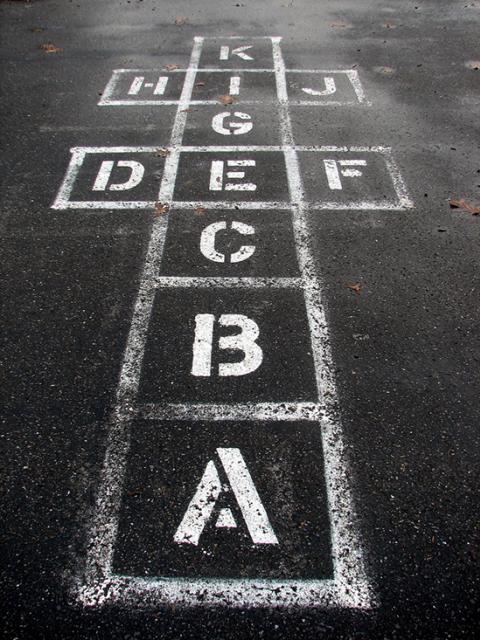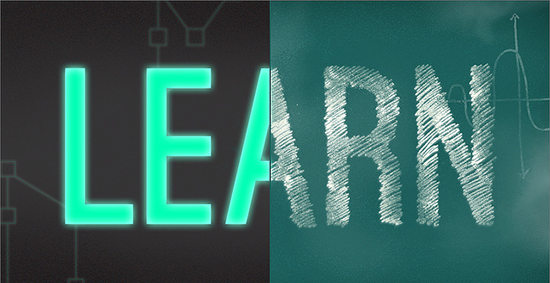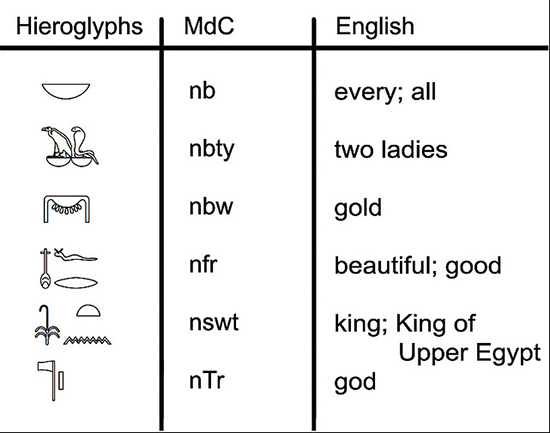Are You a Quick Learner? Want To Become One?

Anyone who has been to a job interview has uttered the words, “I am a quick learner”. We all know that this is the perfect sentence to show both an eagerness to work for a company, and a willingness to jump into training with both feet. But how many of us who say this really mean it? What does it mean to be a ‘quick learner’, and if you aren’t one, how can you become one?
The only thing you can really do is try to follow the same methods as people who could be described as quick learners use. Here are some tips for training yourself to learn more quickly and effectively.
Properly Utilize Repetition

Our brains learn a great deal by repeating it. You can think of it as a memory trick, exposing your mind to a piece of information again and again until you can remember it on command. This is the same way that children are often taught certain rules and concepts, and it works just as effectively for the average adult. Try repeating a task over the course of several days, and you should be able to get it down. Cheatsheets are great for that by the way.
Learn By Doing

While reading about something can be helpful, doing it yourself is even more so. Anyone can learn by doing, and it is the fastest way to imprint in your mind how any activity is done. Of course, this doesn’t apply to everything. But as often as possible, find a way to practice what you are trying to learn in a physical way.
Be More Visual

Pictures, graphs, charts, video tutorials and any other image is the perfect way to create a clearer picture in your mind. It is the reason that many employers will choose to show a video or in-person demonstration. It is why blog posts usually have images associated with their content. Or the reason that infographics and charts are so often utilized in textbooks. A visual comparison will drill a concept into your mind.
Learn To Prioritize Information
In A Study In Scarlet, Dr John Watson claims that Sherlock Holmes had no idea that the Earth went around the sun. The great detective claimed that such information was of no use to him, so he refused to allow it to clutter his brain. While it is an extreme example, this kind of information prioritizing is a great way to learn more efficiently. Filter out information you don’t need and only focus on what you do. It allows you to focus on increasing your knowledge in the right areas, cutting out a lot of time and energy.
Connect The Dots

Say you are trying to learn a new language. Many people would go right for the basics, but this is a mistake. It helps, instead, to connect the language you already speak with the one you are learning. If they are based around the same origins (such as Latin), they will have many core words in common. Often with a slightly different beginning or end. That immediately gives you a starting vocabulary of thousands of words. This concept can be applied to anything. All you have to do is find the dots that connect it to something you already know. You would be amazed at how much this teaches you in an instant.
Ask Questions
It is better to know all of the details while you are learning, rather than having to go back and add more information after you have already found out the basics. While in the process of learning any task, take the time to ask questions or seek out answers so you can apply them to the memorization process right away (great places to ask questions: Google Hangouts, Twitter chats, conferences, etc).
Do you have a tip for improving your ability to learn quickly? Let us know in the comments!





0 Comments